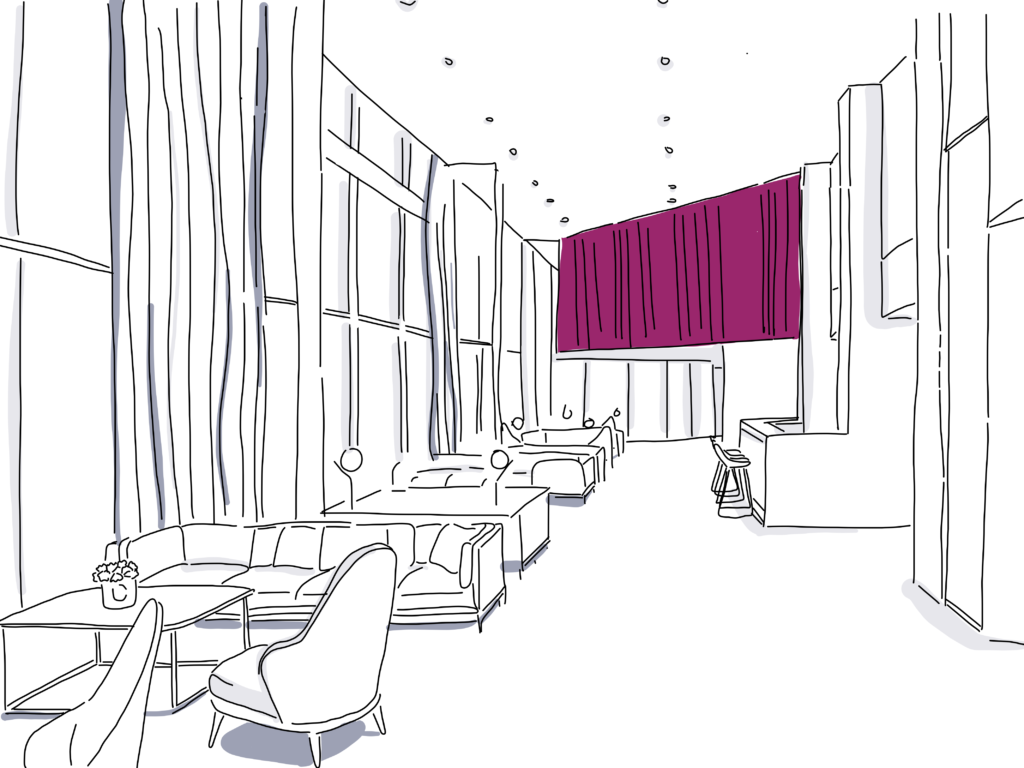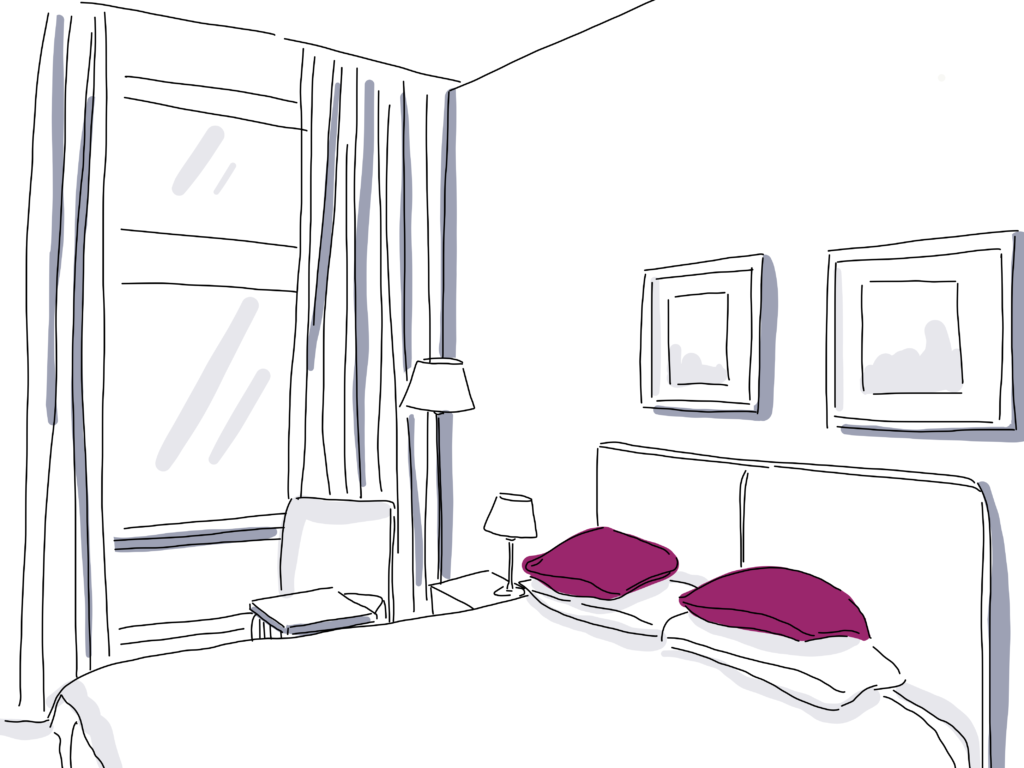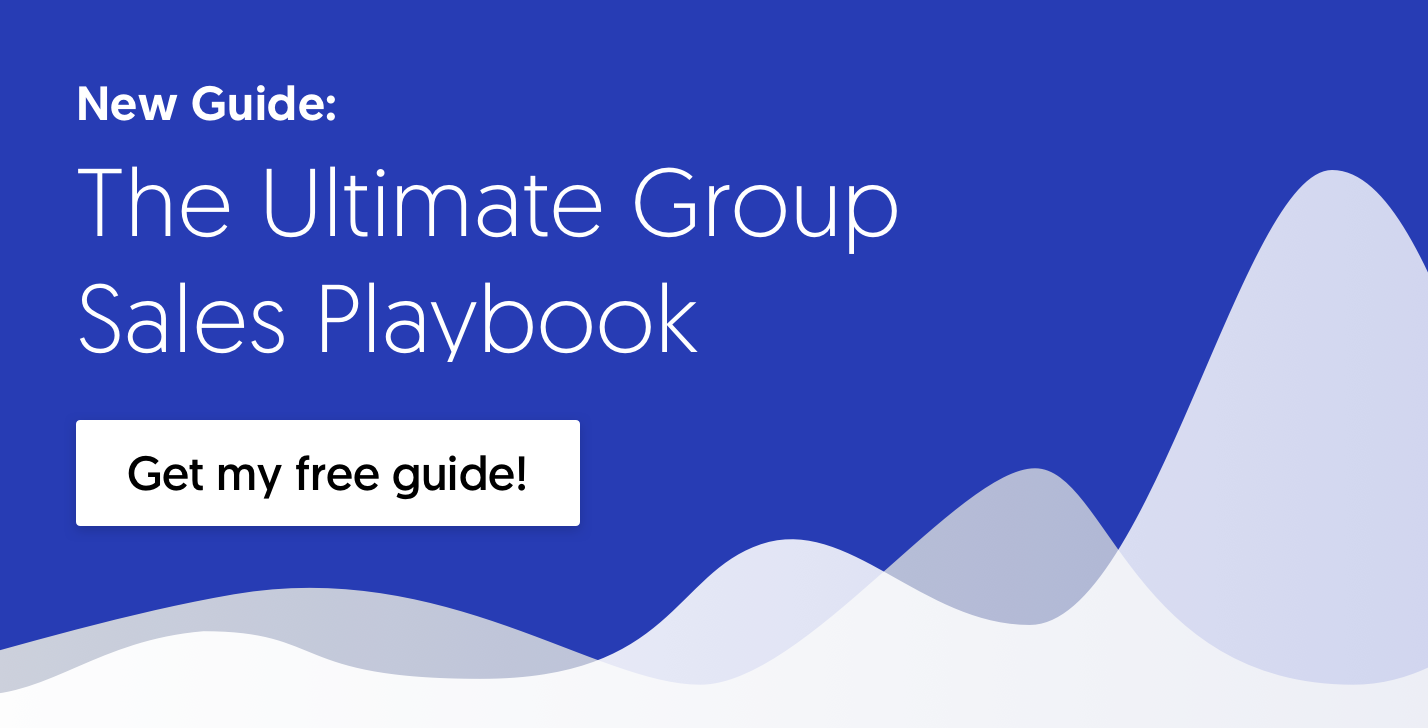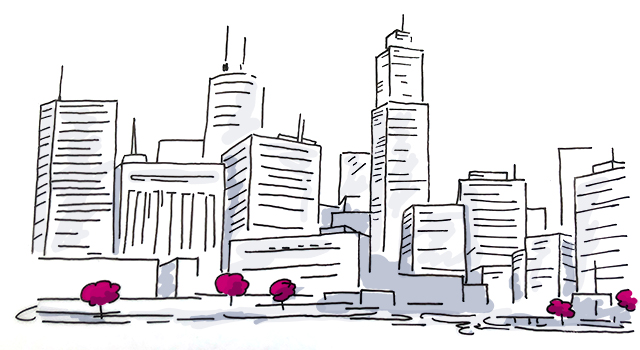
Tips Tuesday: 6 Proven Strategies for Speeding Up Your Hotel’s Sales Cycle
One of the best ways to increase the effectiveness of your sales team and close more business is to speed up your hotel’s sales cycle. The sales cycle includes everything from the first touchpoint with the potential customer, all the way through their relationship with you, their stay at your hotel, and hopefully their glowing reviews or referrals to other potential guests. Speeding up this process allows you to close more business, forecast your occupancy rates more accurately, and ultimately earn more revenue.
The sales cycle often seems like it is in the control of your potential guests, and that nothing you do will change their timing for making a decision. But with a few proven tips, and an effective sales system, you can take back control of your sales pipeline, speed up the decision-making process, and get new business booked faster than ever.
Let’s take a look at a few tried-and-tested ways of speeding up the hotel sales cycle:

1. Identify your average sales cycle length
Before you start boosting the speed of your sales cycle, you’ll need to have an idea of your starting point. Your average sales cycle length is the amount of time between your first contact with a prospect to closing a deal, averaging all won deals. The result tells you how long it takes for your sales team to win a deal on average.
It can be tempting to take this average cycle length and compare it to the rest of the industry, your competitors, or all of the hotels in your city. This is not advisable, as your sales cycle will be based on many factors unique to you, and will vary widely based on the source of the deal, geography, hotel type, group type, and more. Instead of comparing yourself to others, use this metric as a helpful benchmark so that you can see which of your efforts are helping you reach your goals.
Your average cycle length is helpful, but is even more informative if you break it down by segment. How does your sales cycle differ between group bookings and individuals? OTA bookings vs directly through your website? What about across different properties in your portfolio? This metric can help you identify trends in your sales and begin to piece together the strategies you will need to speed up the process.
2. Identify bottlenecks
Once you have your company’s average sales cycle length, the next step is to drill down further. Look at the average number of days it takes for a deal to move from one stage of the sales cycle to the next. This will help you identify the areas that need your immediate attention.
Once you identify which parts of your sales cycle are lagging, you can create strategies for your sales team to use to speed things up. For instance, if group bookings are getting stalled during the planning stage with event organizers, try creating a list of frequently asked questions that your sales reps can pass on to event planners. If sales are getting stalled at the contracts stage, it may be time to take a look at the paperwork you require and see if any of it can be streamlined.
Bottlenecks can also happen at the individual level with key members of your sales team. If you notice that some reps are getting stuck at a certain stage, consider providing tailored training on that part of the sales cycle and helping them work through the issues they are having so that they can move the process forward.
3. Determine key performance indicators
Analyzing your sales cycle will also give you a good idea of Key Performance Indicators (KPI’s) along the way. KPI’s serve as milestones during your sales process, and let you know how much progress you have made on your sales goals. Some KPI’s will be especially helpful as you determine how fast your sales cycle is moving. These include:
- Lead response time – this is the amount of time between an inbound lead’s inquiry and your sales rep’s response. Reduce lead response time to quickly convert leads and begin the sales relationship.
- Prospects by source – this shows where your prospects are coming from. If you can identify the sources that are contributing the most leads, and which sources result in the shortest sales cycle, then you can concentrate your efforts on those sources in the future.
- Meeting booking hit rate – this metric tells you the percentage of activities that lead to booked meetings. Use this KPI to assess the effectiveness of your prospecting strategies and meeting booking tactics. The more effective these processes are, the faster your sales cycle.
Once you determine which KPI’s you would like to track, set a goal for each metric. This should give your sales reps clear guidance of what’s expected from them so they can quickly move deals from one stage of the pipeline to the next.

4. Set deadlines and goals at each step of the process
Now that you’re tracking your KPI’s and have identified bottlenecks, it’s time to speed up key parts of your sales cycle. Many reps have found that simply setting deadlines and goals along the way really helps to speed things up. Train reps to turn ambivalent responses into a definite timetable. For instance, if an event planner says, I’m not sure, I’ll think about it, it’s common for reps to immediately back down so as not to seem pushy. But a simple phrase like, No problem, I’ll give you a call in a few days to see if you have any questions can get the conversation back on track and keep the momentum moving in the right direction.
5. Ask more and better questions
The more information you have about your prospective guests, the better you can serve their needs and craft a personalized sales offering. Instead of waiting for event planners or individual guests to come up with questions, objections, or obstacles, try to identify them early on in the sales process. Asking questions early will help you tailor your process and speed up the overall sales cycle.
Asking open ended questions will also improve your discovery process. Prospective buyers are far more likely to share useful information if you give them the chance to talk about their motivations, needs, and objections. By carefully listening to what your prospects have to say – and offering insight and comments when appropriate – you can not only learn more about your prospects, but also build rapport. Open ended questions are wonderful early on in the sales process, when you’re building a relationship with the prospect and trying to find out as much about them as possible. Stick to close-ended questions towards the end of the sales process, when you need precise answers.
Some great examples of productive open-ended questions for your sales process include:
- What are some challenges you’re facing with your event planning?
- What does success look like with planning your event?
- What are your priorities as you look for a venue?
- Is there anyone else I should speak with?
As you ask your questions, make sure to take the time to listen to the responses and adjust your follow-on questions accordingly – your rapport with the prospect depends on your conversations being authentic and useful for everyone involved.

6. Use your CRM to speed up sales
Finally, make sure you are using your Sales and Catering CRM effectively to keep your sales cycle moving smoothly. Your CRM system is a vital tool for:
- Ranking and prioritizing your leads so that you know where to spend your time
- Collaborating with team members to keep the sales process moving efficiently
- Track all interactions and next steps
- Automate key tasks that are costing you time
- Personalize your approach based on information from each lead
If you’re ready to look at software solutions to help you speed up your sales cycle and efficiently handle your incoming leads, take a look at our Sales and Catering CRM solution.
Now You’re Ready to Improve Your Hotel’s Sales Cycle!

With these proven tips, you’ll speed up your hotel sales process in no time. Up next, discover budget-friendly perks and rewards to incentivize group business, and see new hotel sales strategies for group business.

